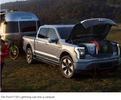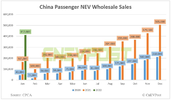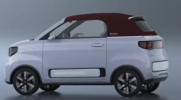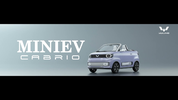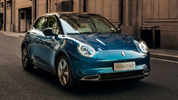JohnDe
La dolce vita
- Joined
- 11 March 2020
- Posts
- 4,615
- Reactions
- 6,845
Caravan power usage depends on many things.
Do they run a compressor fridge versus a 3 way evapourator fridge, and what size is it, do they run a 240 Volt inverter for coffee machines or toasters or kettle. Do they have a small electric heater to keep warm, do they have electric hot water heaters, how often do they run their water pump, do they have an onboard microwave or washing machine.
Although I don't constantly monitor them, none of these are static.
Mick
Are you saying that each electrical component in your caravan is running constantly for all 24 hours of the day, nothing cycles, lights don't get turned off for bed?

